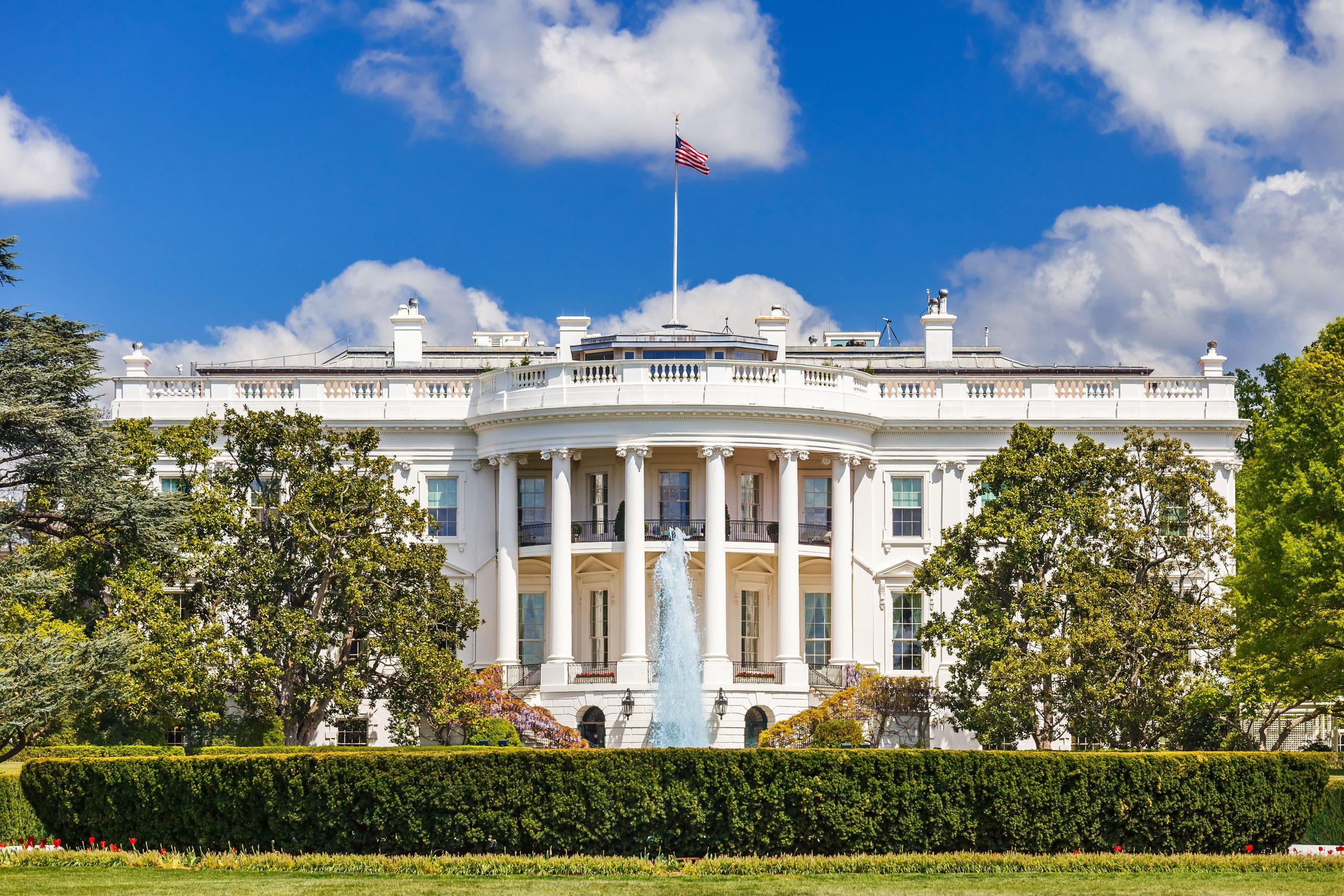
Our Victories
Policy Victories
Taxes

NFIB created a 20% Small Business Deduction (Section 199A) for all businesses organized as sole proprietorships, S-Corporations, partnerships, and LLCs with taxable incomes up to $170,050 individual/$340,100 joint for tax year 2022. Pass-through businesses with taxable income above the threshold can still benefit from the Small Business Deduction if they are employee-intensive or make capital expenditures. For tax year 2023, taxable income up to $182,100 individual/$364,200 joint is eligible for the deduction.
 Fought to remove certain problematic provisions in the Build Back Better Act, such as: limiting the Small Business Deduction (Section 199A); expanding the estate tax’s reach and repealing stepped-up basis; increasing the top capital-gains tax rate to 25%; mandating 12 weeks of paid family and medical leave; mandating employers offer retirement plans; and increasing IRS information reporting of business owners’ account inflows and outflows.
Fought to remove certain problematic provisions in the Build Back Better Act, such as: limiting the Small Business Deduction (Section 199A); expanding the estate tax’s reach and repealing stepped-up basis; increasing the top capital-gains tax rate to 25%; mandating 12 weeks of paid family and medical leave; mandating employers offer retirement plans; and increasing IRS information reporting of business owners’ account inflows and outflows.
 Permanently increased Section 179 small business expensing threshold to $1.16 million from $510,000, and indexed threshold to inflation.
Permanently increased Section 179 small business expensing threshold to $1.16 million from $510,000, and indexed threshold to inflation.
 Reduced individual tax rates for many taxpayers using the following rates: 37%, 35%, 32%, 24%, 22%, 12%, and 10%.
Reduced individual tax rates for many taxpayers using the following rates: 37%, 35%, 32%, 24%, 22%, 12%, and 10%.
 Increased individual Alternative Minimum Tax (AMT) thresholds to apply only above $539,900 individual/$1,079,800 joint for tax year 2022. For tax year 2023, the exemption increases to $578,150 individual/$1,156,300.
Increased individual Alternative Minimum Tax (AMT) thresholds to apply only above $539,900 individual/$1,079,800 joint for tax year 2022. For tax year 2023, the exemption increases to $578,150 individual/$1,156,300.
 Reduced and flattened the corporate tax rate to 21% and repealed the corporate Alternative Minimum Tax. NFIB is fighting to restore the 15% tax rate for smaller businesses.
Reduced and flattened the corporate tax rate to 21% and repealed the corporate Alternative Minimum Tax. NFIB is fighting to restore the 15% tax rate for smaller businesses.
 Roughly doubled the standard deduction to $12,950 individual/$25,900 joint for tax year 2022. For tax year 2023, the deduction is increased to $13,850 individual/$27,700 joint.
Roughly doubled the standard deduction to $12,950 individual/$25,900 joint for tax year 2022. For tax year 2023, the deduction is increased to $13,850 individual/$27,700 joint.
 Provided estate tax relief. The exclusion increased to $12.06 million individual/$24.12 million joint for tax year 2022. For tax year 2023, the exclusion increases to $12.92 million individual/$25.84 million joint.
Provided estate tax relief. The exclusion increased to $12.06 million individual/$24.12 million joint for tax year 2022. For tax year 2023, the exclusion increases to $12.92 million individual/$25.84 million joint.

Your Chance to Influence

Victories In

Legal Victories
Legal Victories
- Legal Center has been called one of the top-ten most influential groups to file briefs in the U.S. Supreme Court by the SCOTUS blog.
- In NFIB v. OSHA, the U.S. Supreme Court issued stay of OSHA’s vaccine mandate, and OSHA withdrew the vaccine mandate following a successful challenge by NFIB.
- A federal court agreed with NFIB’s arguments and permanently enjoined the U.S. Treasury from enforcing the American Rescue Plan Act’s prohibition against states using ARPA funds to lower to taxes.
- In Sackett v. EPA, the Supreme Court agreed with NFIB’s brief that the federal government must follow a new limited test for determining when land contains a “water of the United States” (WOTUS). This decision means fewer construction projects will need expensive federal permits.
- In Glacier NW v. Teamsters, the Supreme Court ruled that a business could sue a union for damages after the striking employees walked out and left concrete running in trucks. NFIB filed a brief in the case arguing that striking workers cannot intentionally damage property without consequence.
Election Victories
Election Victories
- In 2022, the NFIB Fed PAC endorsed 277 U.S. Senate and House candidates, earning an 84% win rate.
- Six NFIB members were newly elected to Congress, bringing the total to 25 members serving in the 118th Congress.
- 2,186 candidates for governor, the legislature, and other state-level offices were endorsed across 39 states. 85% of those candidates were elected. Among them, 245 NFIB members.
Join Us And Take A Stand On Issues That Matter To Small Business
Join Us And Take A Stand On Issues That Matter To Small Business
Vote your member ballot and help shape NFIB priorities and policy positions.







